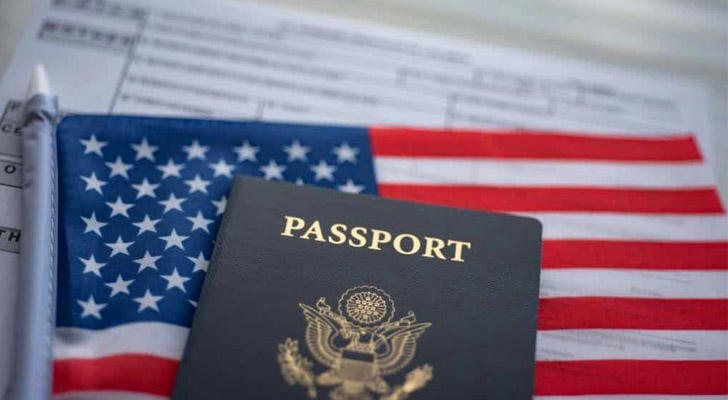Legal Assistance for Applying for a U.S. Green Card: How to Find Free Resources
Applying for a U.S. Green Card is a crucial step for many individuals pursuing their immigration dreams. However, the process can be complex and overwhelming. Applicants often face legal challenges, including unfamiliarity with immigration laws, preparing necessary documents, and language barriers. In this context, legal assistance becomes essential. This article explores how to find free legal assistance resources to help applicants successfully navigate the Green Card application process.

Understanding the U.S. Immigration Legal System
The Green Card Application Process
The U.S. Green Card application process is divided into various categories, including family reunification, employment-based applications, and asylum. Each category has specific requirements and procedures. Generally, applicants must submit forms, proof of identity, financial support documentation, and other relevant materials.
The Importance of Legal Assistance
Legal assistance refers to help provided by nonprofit organizations or legal service agencies to individuals in need. For Green Card applicants, legal assistance is vital for understanding the application process, ensuring documentation accuracy, and preventing delays or denials due to incomplete or incorrect submissions.
Finding Free Legal Assistance
1. Nonprofit Organizations and Community Groups
Numerous nonprofit organizations focus on providing immigration legal assistance. Organizations such as the American Immigration Lawyers Association (AILA) and the Immigration Advocates Network are dedicated to supporting immigrants. These organizations often offer free legal consultations and resources, guiding applicants through the complexities of the Green Card application process.
2. Legal Clinics and Volunteer Programs
Many law schools operate legal clinics that provide free or low-cost legal services to underserved communities. Law students, supervised by experienced faculty, assist individuals in preparing their applications and navigating legal challenges. To find such services, applicants can contact local law schools and inquire about their legal clinic programs.
3. Government Resources
The U.S. Citizenship and Immigration Services (USCIS) website is an invaluable resource for anyone seeking to apply for a Green Card. It provides comprehensive information on the application process, including steps, required forms, and answers to frequently asked questions. Additionally, many state governments have immigration services offices that offer guidance and resources for applicants. Checking local government websites can help applicants find state-specific support.
4. Online Resources and Tools
The internet is a rich resource for finding free legal assistance. The Immigration Advocates Network provides a wealth of information, including directories of legal aid organizations and resources tailored to various immigration issues. Online platforms also offer virtual consultations, making it easier for applicants to access legal support from home.
Effectively Utilizing Legal Assistance
1. Preparing Application Materials
Before seeking legal assistance, applicants should gather necessary documents and information, including personal identification, proof of family relationships, and financial statements. Having this information ready will enable legal service providers to assess the applicant’s situation quickly and offer relevant advice.
2. Communicating with Legal Aid Providers
Effective communication is essential in obtaining legal assistance. Applicants should clearly express their needs and concerns when consulting with legal aid providers. Preparing specific questions in advance will help legal professionals provide targeted guidance and support.
3. Follow-Up and Maintaining Communication
After initial consultations, maintaining open lines of communication with legal aid providers is critical. Regularly checking in on application progress and promptly addressing any emerging issues can significantly impact the overall success of the Green Card application.
Common Misconceptions about Legal Assistance
1. Misconception: All Legal Assistance is Free
While many organizations offer free legal assistance, not all services are without cost. Some legal aid providers may charge fees for specific services, so applicants should clarify any potential costs upfront.
2. Misconception: Only One Consultation is Needed
The Green Card application process can be complex and may require multiple consultations. Applicants should be prepared for ongoing legal support throughout the application journey, as issues may arise that necessitate further assistance.
3. Misconception: Only Lawyers Can Provide Legal Help
In addition to licensed attorneys, certified legal assistants and community workers can offer valuable legal support. Applicants should not overlook these resources, as they can provide essential guidance and assistance throughout the application process.
Conclusion
The importance of legal assistance in the Green Card application process cannot be overstated. By understanding and utilizing available free resources, applicants can navigate the complexities of their applications more effectively and enhance their chances of success. It is crucial for applicants to proactively seek legal support, make the most of available resources, and work diligently toward achieving their immigration goals.
